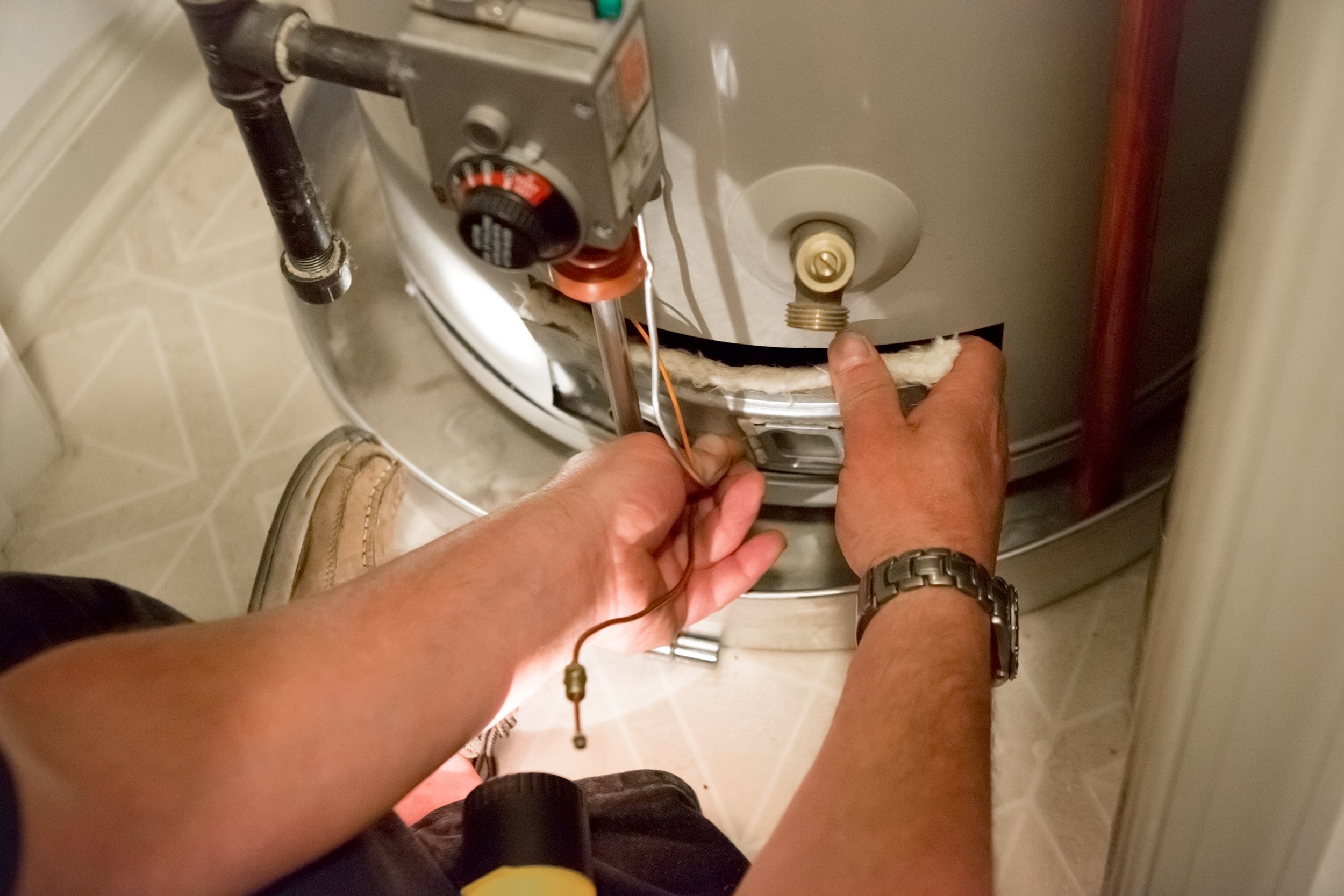Why Isn't My Water Getting Hot? Common Water Heater Problems and Solutions for Seattle Washington Residents
There’s nothing quite as frustrating as stepping into a shower only to be greeted by an icy blast of water instead of the comforting warmth you expected. If you’ve found yourself wondering why your water heater isn’t doing its job, you’re not alone. A malfunctioning water heater can disrupt your daily routine and leave you scrambling for answers. In this blog, we’ll explore some of the most common reasons why your water might not be getting hot and provide practical solutions to get your water heater back on track. Whether you’re dealing with a simple fix or a more complex issue, understanding these potential problems can save you time, money, and a lot of frustration.
Common Water Heater Issues
When your water heater isn't producing hot water, several common issues might be at play. Understanding these potential problems can help you diagnose and fix the issue more efficiently. Here are some of the most frequent culprits:
1. Thermostat Problems
The thermostat controls the temperature of the water in your heater. If it’s set too low, the water won’t get hot enough. In some cases, the thermostat may be faulty and not accurately measure or maintain the water temperature.
Solution: Check the thermostat setting and adjust it to a higher temperature if necessary. If the problem persists, consider replacing the thermostat.
2. Sediment Build-Up
Over time, minerals from the water can accumulate at the bottom of the tank, forming a layer of sediment. This build-up can insulate the water from the heating elements, reducing the efficiency of your water heater and resulting in lukewarm water.
Solution: Regularly flush your water heater to remove sediment. If the build-up is severe, you may need to call a professional to clean the tank.
3. Heating Element Failure
Electric water heaters use heating elements to warm the water. These elements can wear out or break over time, leading to a lack of hot water.
Solution: Inspect the heating elements for signs of damage and replace them if necessary. This task typically requires a professional to handle the wiring.
4. Pilot Light Issues (Gas Water Heaters)
For gas water heaters, the pilot light ignites the burner that heats the water. If the pilot light goes out, the burner won’t operate, and the water won’t get hot.
Solution: Check if the pilot light is lit. If you smell gas please contact professionals immediately and follow standard safety procedures.
5. Faulty Dip Tube
The dip tube directs incoming cold water to the bottom of the tank to be heated. If the dip tube is broken or damaged, cold water may mix with the hot water at the top of the tank, resulting in cooler water coming out of your faucets.
Solution: Inspect the dip tube for damage and replace it if necessary. This can involve removing and disassembling part of the water heater, so professional assistance may be needed.
6. Tank Size
Sometimes the issue isn’t with the water heater itself but with the size of the tank. If your household’s hot water demand exceeds the capacity of your water heater, you’ll run out of hot water quickly.
Solution: Consider upgrading to a larger tank or a tankless water heater that provides an endless supply of hot water.
By understanding these common water heater issues, you can take proactive steps to ensure a reliable supply of hot water in your home. Whether you’re performing simple maintenance or calling in a professional, addressing these problems promptly will keep your water heater functioning optimally.
Conclusion
Dealing with a water heater that isn’t providing hot water can be a major inconvenience, disrupting your daily routine and comfort. By understanding and addressing common water heater issues such as thermostat problems, sediment build-up, heating element failures, and more, you can often restore your hot water supply without too much hassle. Regular maintenance and timely repairs are key to ensuring your water heater functions efficiently and reliably.
However, some problems may be more complex or require specialized tools and expertise. In such cases, seeking professional help is the best course of action. If you're in the Seattle, Washington area, All Phase Plumbing is here to assist. Our team of experienced plumbers is well-equipped to diagnose and repair any water heater issues you may encounter. Whether you need routine maintenance, urgent repairs, or a complete water heater replacement, All Phase Plumbing is committed to providing top-notch service to ensure you always have hot water when you need it. Contact us today to schedule an appointment and let us take the hassle out of your water heater troubles.

